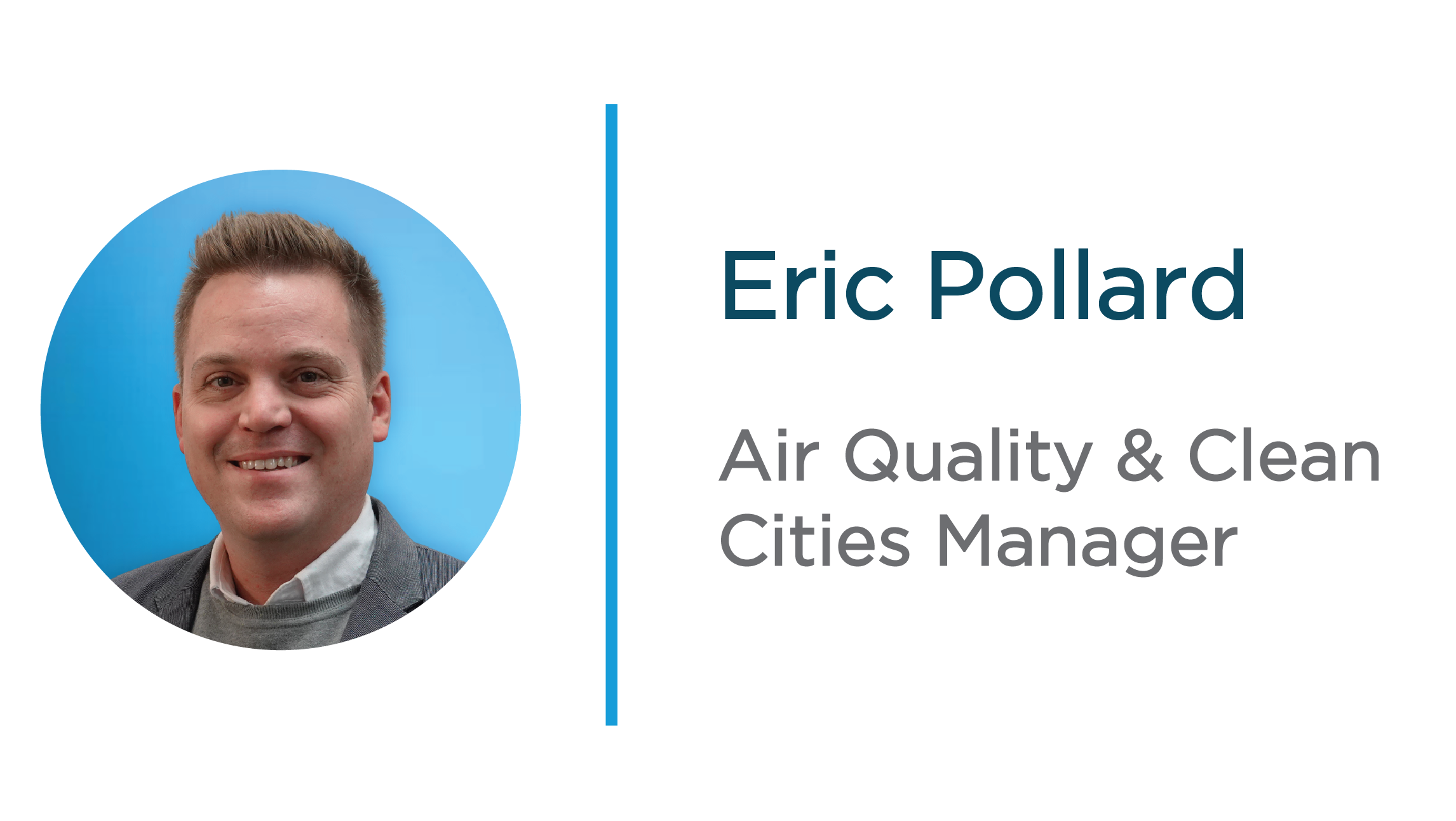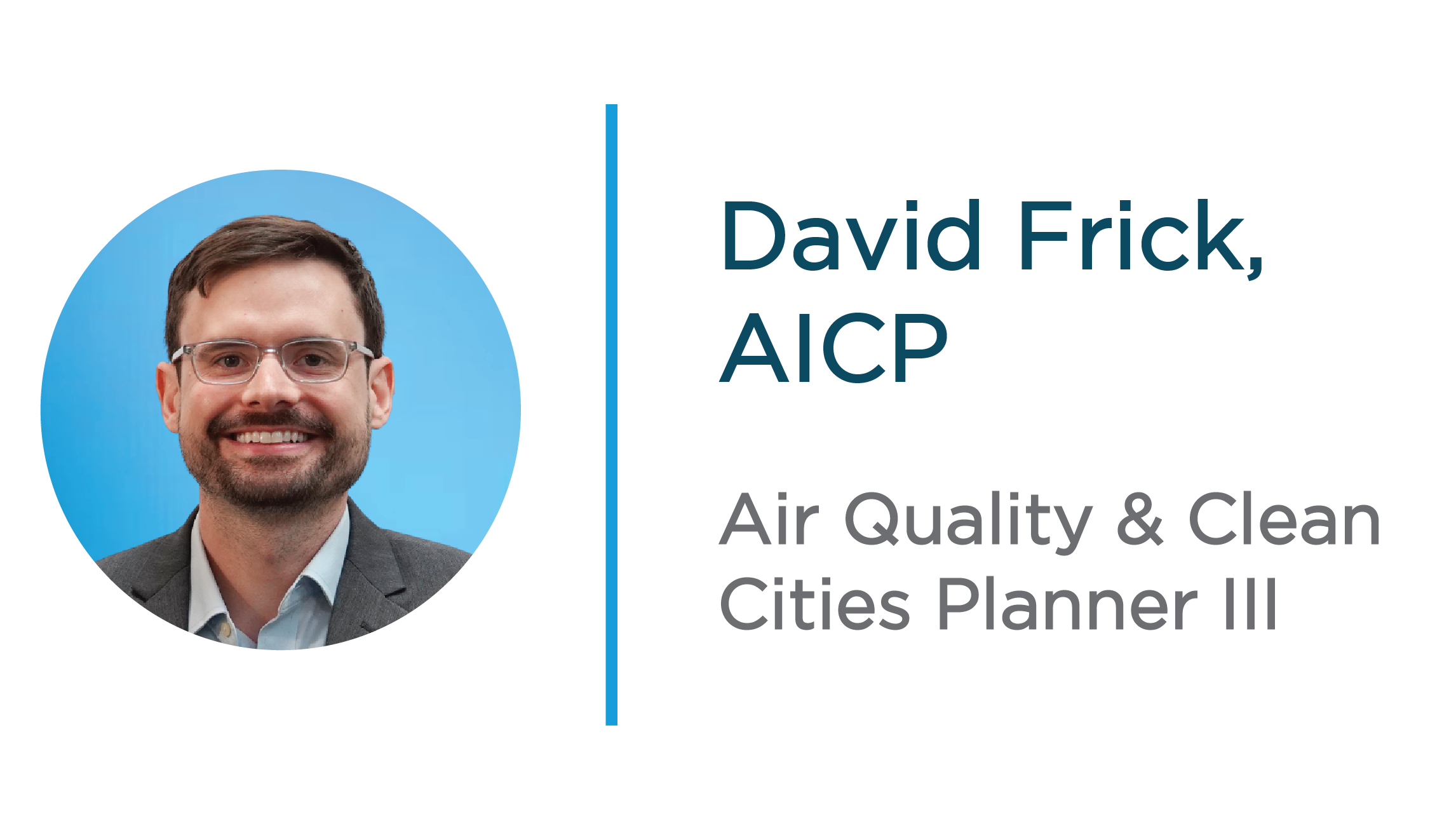
Guiding Resilience Through Community Input
Take the Survey: Make a Local Impact
This 10 minute survey will help ACOG understand what matters most to you and your community when it comes to the impacts of extreme weather and the barriers and opportunities that come with reducing pollution.
top 10
What We Heard: Key Takeaways from Stakeholder Meetings
In June 2025, ACOG hosted a week of stakeholder meetings as part of the development of our Comprehensive Climate Action Plan (CCAP). We were joined by representatives from local governments, tribal nations, utilities, nonprofits, and other regional partners committed to shaping a climate strategy tailored to Central Oklahoma.
Whether you participated in a meeting or followed up with us one-on-one, your input is helping define the path forward.
The ten points below reflect the key themes we heard across all sessions. These insights will help guide our next step: selecting strategies that reflect community needs, values, and priorities.
1. Infrastructure is aging, brittle, and unprepared for extreme weather.
Roads, water systems, and electric infrastructure are failing under stress from storms, heat, flooding, and wildfire. Repairs are often reactive, done the same way, and costly due to outdated design standards and poor installation practices.
2. Staffing and training gaps are a major operational barrier.
Local governments frequently cited understaffing, reliance on institutional knowledge, and lack of access to updated training or consultants. Emergencies pull staff off routine tasks, disrupting public services and delaying planned projects.
3. Disaster recovery is slow, expensive, and often unsupported.
FEMA support is delayed or unavailable for extreme weather events. Municipalities must front costs without reimbursement certainty. There is a need for state-level micro-disaster funds and clearer roles for counties in coordinating recovery.
4. Planning capacity and coordination are uneven across the region.
Many municipalities lack recent comprehensive plans, asset inventories, or systems for interjurisdictional collaboration. There is demand for standard permitting, design protocols, and a stronger coordinating role from regional bodies like ACOG.
5. Communication breakdowns – before, during, and after events – limit public trust and safety.
Public warnings are misunderstood or ignored. Internal communication silos block information flow between agencies. There’s widespread support for tiered communication strategies and outreach tailored to residents, businesses, and local leaders.
6. Funding constraints and fragmentation hinder project delivery.
Most local budgets depend on sales tax and are not designed to support long-term investments. Many communities lack capacity to apply for grants or meet matching fund requirements. This could be addressed with more collaborative project design and development that would lean on pooled match funds, shared contracting, integrated contract language that supports long-term objectives, and standardized strategies.
7. Clean energy and efficiency projects offer major opportunity – if scaled.
Cities like Norman and El Reno have demonstrated savings through solar, LEDs, and water reuse. Energy performance contracts, hybrid vehicle policies, and local renewable generation are emerging solutions, but need replication and support.
8. Resilience co-benefits are often missed in capital planning.
Tree canopy, composting, green infrastructure, and stormwater retrofits support both mitigation and livability but are not embedded in routine budgeting or road/trenching projects. Local leaders want tools to quantify and communicate ROI.
9. Climate risks are increasingly acknowledged – but still met with a reactive mindset.
Many communities accept high risk as “normal” and defer large-scale investments for preparedness in favor of short-term fixes. Meanwhile property insurance rates are high and rising. There is growing interest in shifting toward proactive planning, but this requires shifts in operations, understanding, and planning.
10.There is strong appetite for regional standardization and shared solutions.
Whether it’s permitting, training, evacuation planning, trenching ordinances, or utility coordination, localities want replicable models and collaborative frameworks—especially to help small towns and rural areas implement equitable, resilient infrastructure.
Prepare Your Community for the Future
The not so distant past provides an example of environmental disaster that led to extreme societal and economic hardship. The combination of extreme weather and man-made technological advances and practices produced The Dust Bowl, a devastating scourge for countless communities across the Southern Plains.
Today, the climate is changing at an increasing rate and is putting communities at risk from climate hazards that impact the land, water, and quality of life for the region. Central Oklahoma communities are seeing extreme weather and heat, ice storms, flooding and drought, water quality and quantity concerns, and wildfires. Warming temperatures are worsening air pollution by elevating near-surface ozone levels. The Oklahoma City Metropolitan Statistical Area (MSA) is rapidly growing, and that growth is contributing to increases in greenhouse gas (GHG) emissions, resulting in accelerated climate change. Climate action for the region will rely on comprehensive planning and implementation strategies for mitigation (emissions reductions) and adaptation actions (strategies to reduce the impacts).
Investments in climate action planning goes beyond developing a plan. The process brings partners together to address complex and correlated environmental, economic, and social challenges. It opens the door for meaningful engagement and dialog with those who have traditionally not had a voice in the decision-making process. It creates a structure so that investments achieve reductions in GHG emissions but also result in co-benefits and workforce development opportunities.
The Priority Climate Action Plan (PCAP) has been developed for the Oklahoma City Metropolitan Statistical Area (MSA) that covers eight counties in Central Oklahoma. Led by ACOG, this multi-jurisdictional coordinated strategy will result in a future Comprehensive Climate Action Plan (CCAP) that can guide partners through policy, program, and plan design while reducing GHG emissions and considering the community. As a region, this process is a commitment to understanding how climate change and GHG emissions are impacting air quality, low-income and disadvantaged
communities, and the region at large.
Contact Air Quality Staff


Association of Central Oklahoma Governments
(405) 234-2264
Office Address
4205 N. Lincoln Blvd.
Oklahoma City, OK 73105
8:30 AM – 5:00 PM | M-F
Contact Us
Civil Rights-Title VI
Privacy Policy
